Books Edited by Martin Gardner
Martin was a great consumer, processor, and refiner of ideas and information, and one of the best manifestations of this is the number of edited volumes he published of works by others, in addition to his annotations and original writing.
Some of his books straddle the "edited/annotated" border, and the ones relating to Alice, other annotations, and Oz are not included below.
The seventeen books below are listed chronologically, by publication date. Inevitably, they include commentaries, as well as merely gathering together works of other writers.
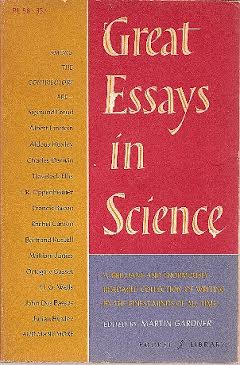
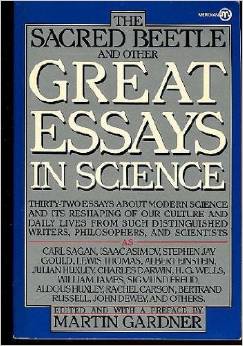
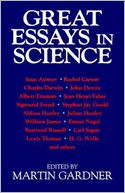
In the Introduction to Great Essays in Science (Pocket Books, 1957, 408 pages), Martin writes, "In 1955 Herbert Alexander, then president of Pocket Books, asked me to edit an anthology to be titled Great Essays in Science." This is quite noteworthy in itself, considering that at this stage of his life Martin was "merely" editor of a children's magazine with only one book—the unsuccessful first incarnation of Fads and Fallacies—to his name.
This book featured landmark essays by Darwin, Whitehead, Russell, Wells, Freud, Einstein and Huxley, among others. It was substantially revised decades later as The Sacred Beetle and Other Great Essays in Science (Prometheus, 1984), and a paperback by Meridian following in 1986. By then, Martin had removed "a long chapter on the moon that first appeared in Sir Robert Ball's classic work of 1885, The Story of the Heavens," and added essays by Isaac Asimov, Stephen Jay Gould, Carl Sagan, and Lewis Thomas. Prometheus reissued it once more, under its orginal title, in 1994.
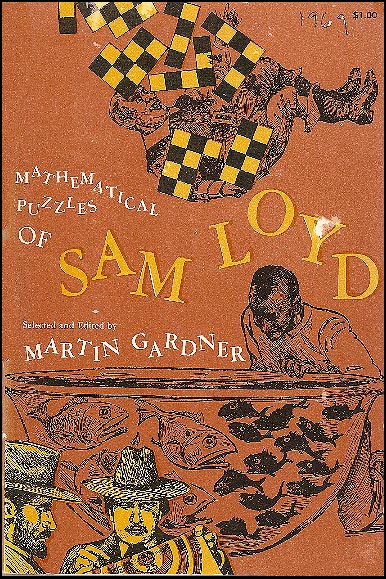
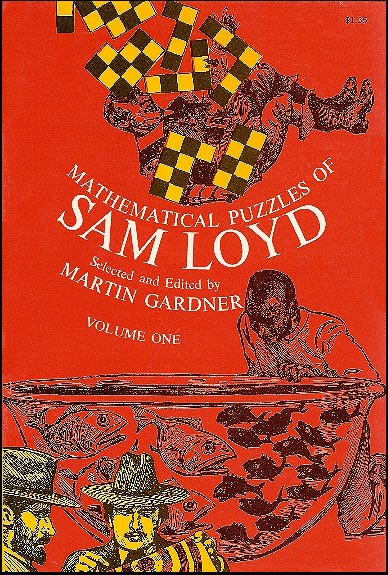
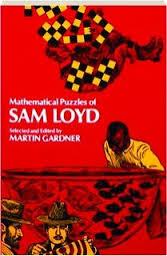
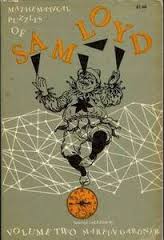
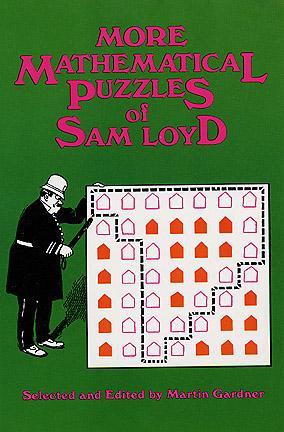
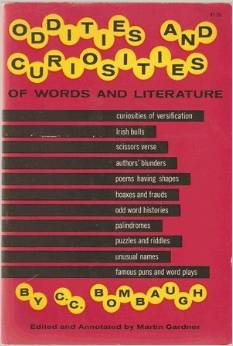
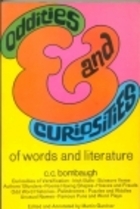
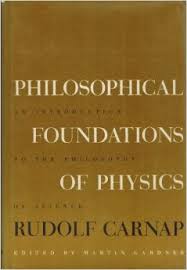
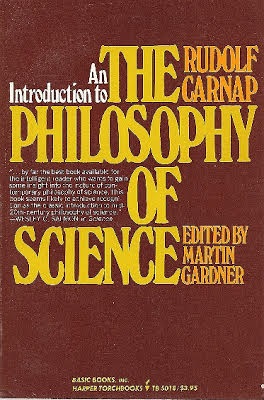
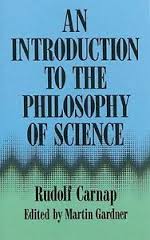
It was later reissued as Introduction to the Philosophy of Science (Basic, 1974, and Dover, 1995). All incarnations credit Carnap as the author, and Martin as the editor. On page 201 of his memoirs, Martin says,
"Every idea in the book is Carnap's, every sentence is mine. The collaboration was one of the happiest tasks of my life."
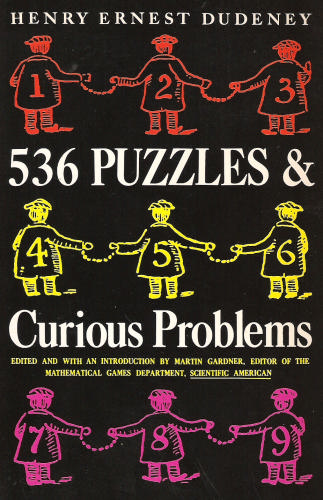
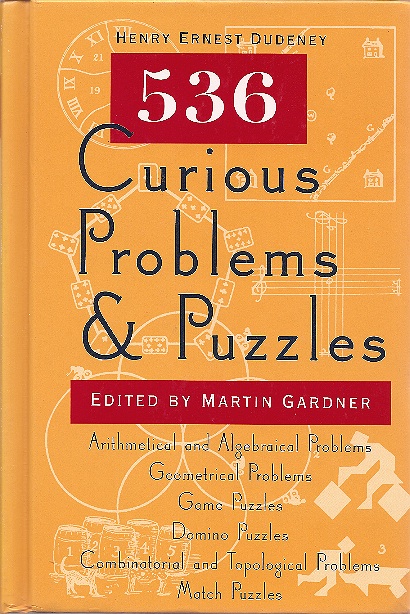
536 Puzzles & Curious Problems by Henry Ernest Dudeney (Charles Scribner's Sons, 1967, 14 + 428 pages), "Edited and with an introduction by Martin Gardner," has chapters on Arithmetic and Algebraic Problems (256 puzzles), Geometric Problems (127), and Combinatorial and Topological Problems (87)—each of which is broken up into many parts—as well as separate chapters on Game Puzzles (8), Domino Puzzles (15), Match Puzzles (17), and Unclassified Puzzles (24). Many problems now considered classics can be found here. The Answers section take up almost 200 pages.
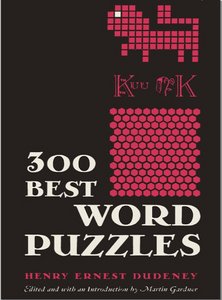
300 Best Word Puzzles by Henry Ernest Dudeney (Charles Scribner's Sons, 1968, 12 + 172 pages), "Edited and with an introduction by Martin Gardner," was based on Dudeney's book The World's Best Word Puzzles (The Daily News, 1925). The sixteen chapters range from Enigmas or Riddles, Conundrums, Acrostics, and Charades, to Word Chains and Rings, Squares, Stars, Cross-Word Puzzles, and Miscellaneous Puzzles.
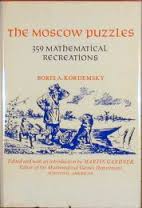
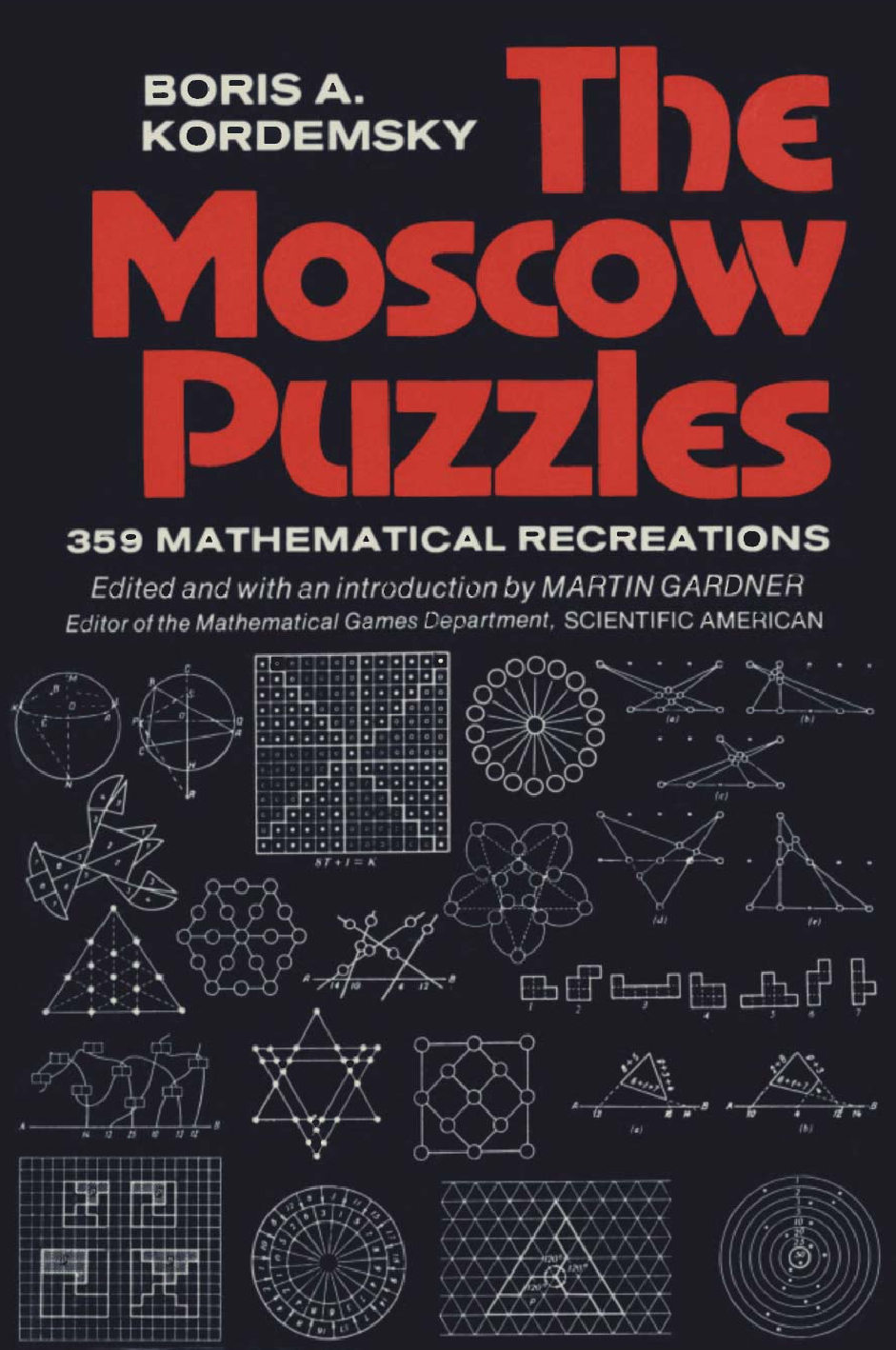
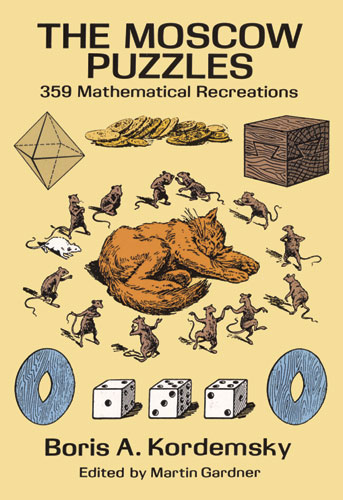
Puzzles involving coins, matches, clocks, geometry, dissections, trains and chess abound, not to mention standards Martin loved and reused, such as the nine dots and four straight lines challenge, and the object that costs $1 plus half its price.
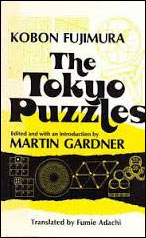
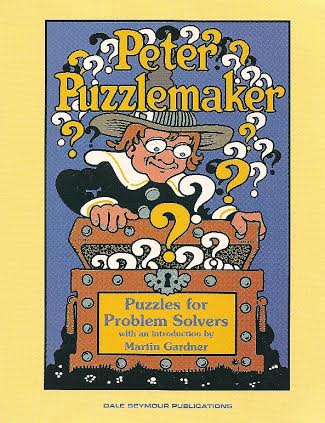
Peter Puzzlemaker: A John Martin Puzzle Book For Little Puzzlers (Dale Seymour, 1991, 86 + 8 pages) was Martin's editing for a new generation of a book of which he said, "No better collection of puzzles for young children was ever published."
In his memoirs, on page 130, he writes of his admiration for the work of art editor George Carlson in John Martin's Book. "During the twenties it was the delight of my childhood, mainly because of a Carlson page called Peter Puzzlemaker." He has a whole chapter on Carlson and Martin in his book From the Wandering Jew to William F. Buckley, Jr. (2000), and he edited a second Peter Puzzlemaker book in 1994.
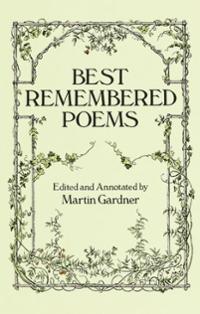
Best Remembered Poems (Dover, 1992, 12 + 210 pages), "Edited and annotated by Martin Gardner," includes works from sixty-five poets, from Black, Browning, and Burns, to Tennyson, Whitman, and the Wordsworths (Samuel and William). Each set of poems has an introductory essay by Martin.
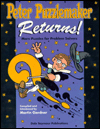
Peter Puzzlemaker Returns! More Puzzles for Problem Solvers (Dale Seymour, 1994, 87 + 11 pages) was Martin's second editing for a new generation of Peter Puzzlemaker items published during his childhood.
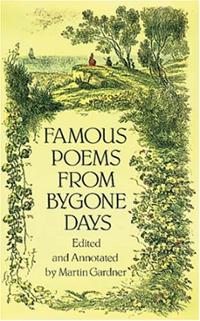
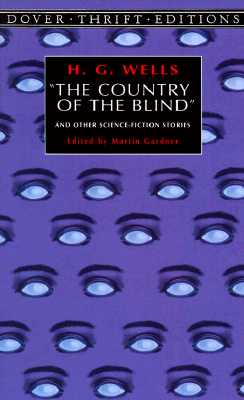
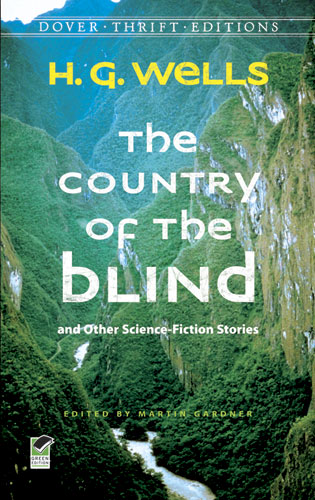
"The Country of the Blind" and Other Science-Fiction Stories by H. G. Wells (Dover Thrift Editions, 1997, 6 + 90 pages) is an original anthology of six short stories selected and introduced by Martin. Like Verne, Wells was a favorite author of his from his youth.
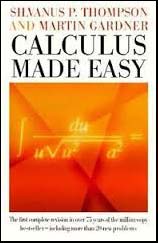
Calculus Made Easy with Sylvanus P. Thompson (St. Martin's, 1998, 336 pages) was Martin's reworking of Calculus Made Easy from 1910 by Sylvanus P. Thompson. Martin updated the language and notation in an attempt to make the work more accessible to modern readers. Ironically, he's never mastered calculus as a younger man, having not taken (for credit) any mathematic classes after leaving high school in Tulsa, OK, in 1932.
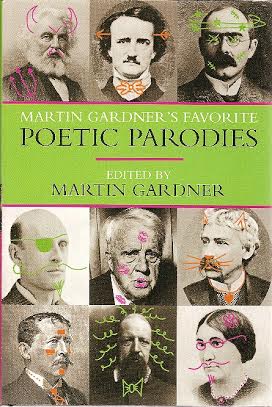
Martin Gardner's Favorite Poetic Parodies (Prometheus, 2001, 245 pages) sees original classics by Frost, Keats, Kipling, Longfellow, and more, followed by parodies from writers as diverse as Ogden Nash, Mad magazine's Frank Jacobs, and Armand T. Ringer.
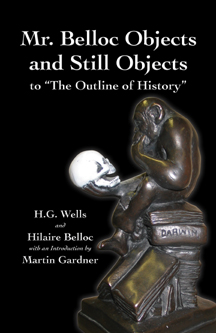
"Mr. Belloc Objects and Still Objects" by H. G. Wells and Hilaire Belloc (The Battered Silicon Dispatch Box, 2008, 112 pages) features the 1926 texts of H. G. Wells' "Mr. Belloc Objects" and Hilaire Belloc's "Mr. Belloc Still Objects," bracketed by an introduction and epilogue by Martin.
The first piece concerns prominent Catholic intellectual Belloc's collection of articles attacking the successful 1920 book Outline of History by Wells, which took for granted a Darwinian basis for the prehistory of the human race. Belloc's articles had advocated a kind of creationism, but also, as Martin reports, "Belloc was savage in his personal attacks on Wells." Wells fought back with the spirited defense of evolution featured here. In due course, Belloc responded to that, with the second piece featured, though Martin says that, "His rebuttal continues the same insults, the same below the belt punches."